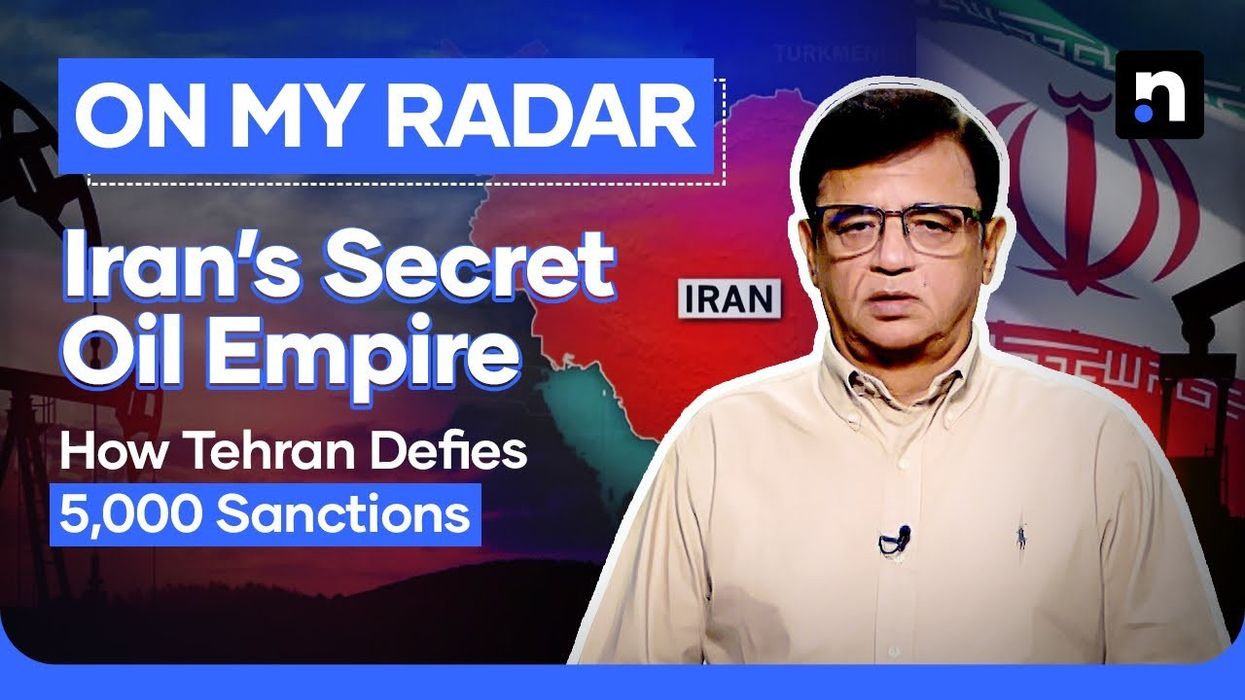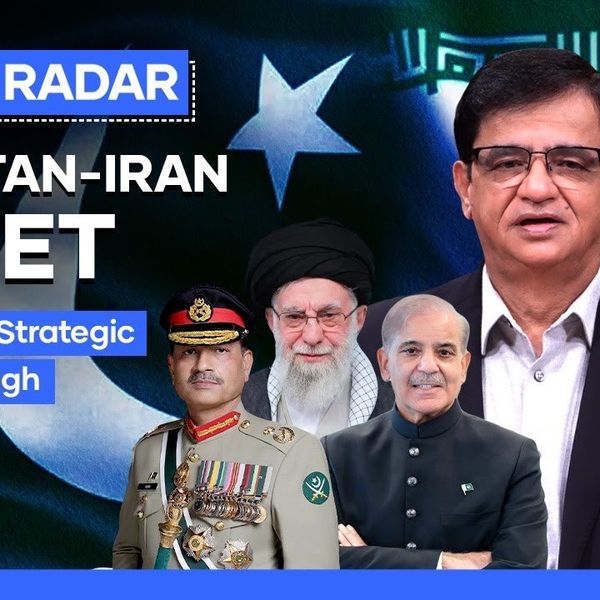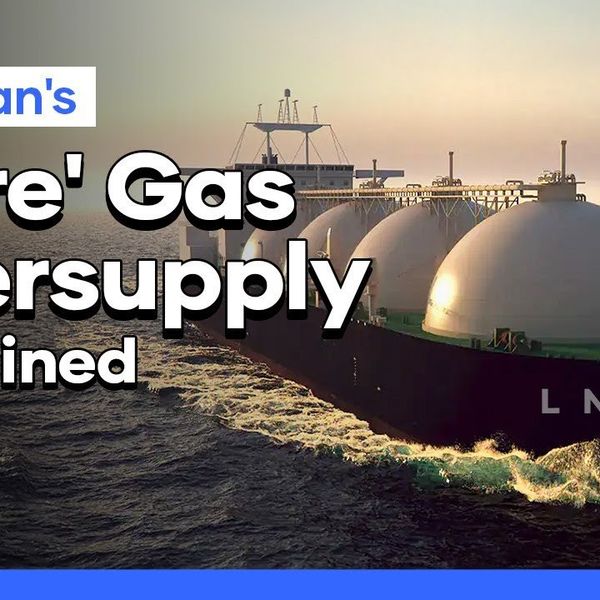How Iran defies over 5,000 global sanctions with China’s support
Kamran Khan examines decades of sanctions targeting Iran’s economy, highlighting how support from China and Russia has helped it adapt
News Desk
The News Desk provides timely and factual coverage of national and international events, with an emphasis on accuracy and clarity.
Despite facing over 5,000 international sanctions, Iran’s economy continues to operate, thanks largely to its robust oil trade and strategic partnerships, primarily with China.
Iran, the second-largest holder of natural gas reserves and the third-largest for oil, generates 82% of its revenue from energy exports.
China remains Iran’s top oil buyer, accounting for 80% of Tehran’s exports, according to Bloomberg. Beijing reportedly imports 1.5 million barrels of Iranian oil daily, often through clandestine methods. The trade is conducted at significantly discounted rates—up to $30 per barrel below international prices—making it highly attractive to Chinese refiners.
The Economist revealed that Iran’s oil exports reached 1.8 million barrels daily by September 2024, a significant rise despite increased U.S. sanctions targeting its energy sector. While formal banking channels are largely inaccessible to Iran, transactions often occur in yuan, euros, or even through barter systems involving essential goods.
Iran has also leveraged its secretive oil trading network. Old vessels with inactive tracking systems transport oil to intermediary countries like Malaysia and Oman before it reaches China. This covert system allows Iran to evade detection by international monitors.
Iran’s oil revenue has far-reaching implications. Washington-based think tank Foundation for Defense of Democracies (FDD) estimates that Tehran earned $100 billion from oil exports in the past four years, funding military proxies like Hamas and Hezbollah.
The decades-long sanctions aim to cripple Iran’s economy. However, experts say the country has adapted, with China and Russia providing economic and strategic support.
This collaboration poses new geopolitical challenges for the West. As Iran fortifies its economy, it continues to defy international isolation and projects its influence across the Middle East, reshaping the regional power dynamic.











Comments
See what people are discussing